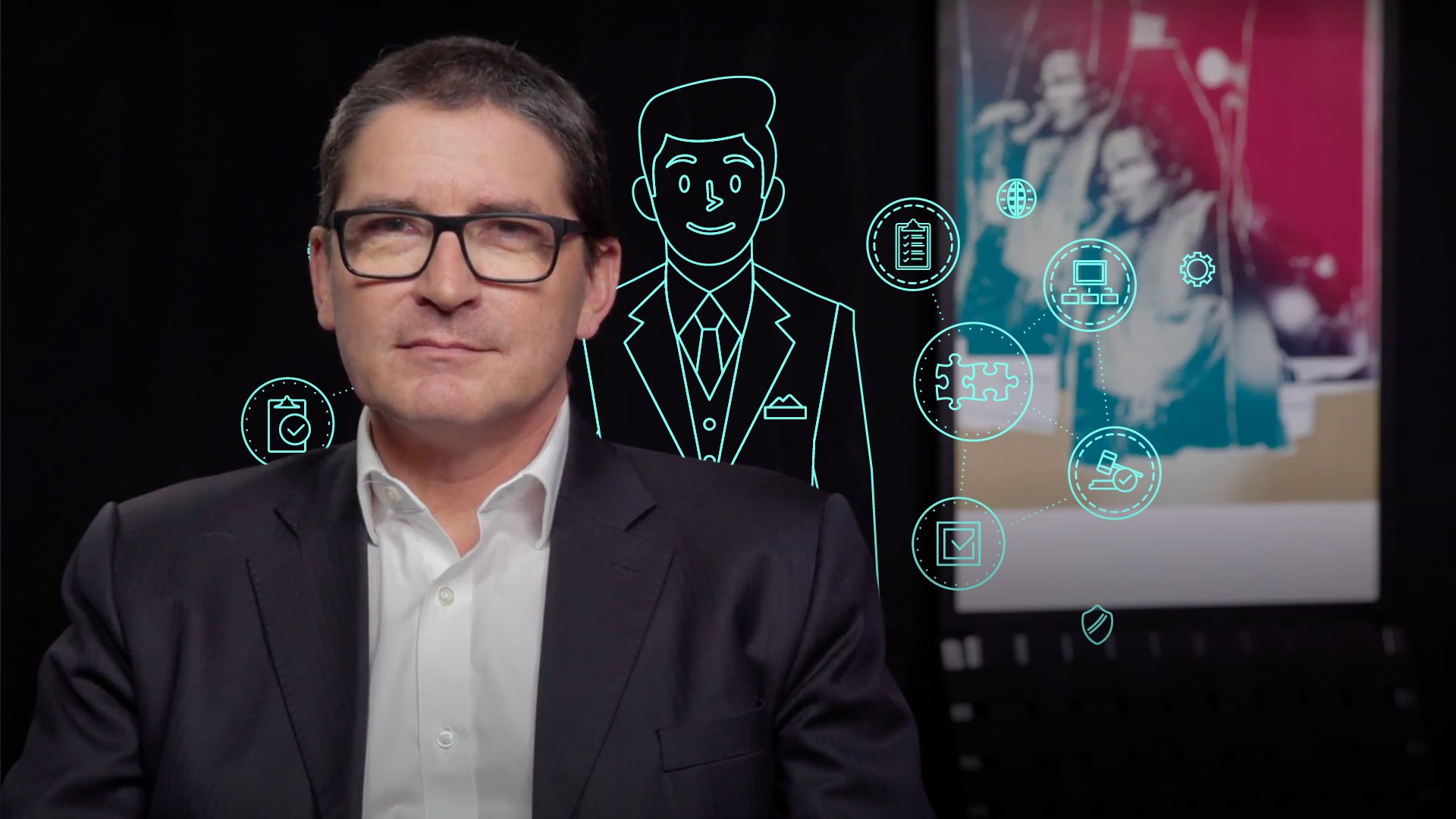
Conduct and Culture Reporting

Roger Miles
25 years: Behavoural science & conduct
In this video, Roger shares his insights into the thinking behind the new tools introduced by the regulators for culture assessment. He further explains how we should expect these tools to work, and perhaps most importantly how to ask better questions to help firms manage the changing shape of conduct reporting.
In this video, Roger shares his insights into the thinking behind the new tools introduced by the regulators for culture assessment. He further explains how we should expect these tools to work, and perhaps most importantly how to ask better questions to help firms manage the changing shape of conduct reporting.

Conduct and Culture Reporting
6 mins 43 secs
Key learning objectives:
Understand how conduct risk reporting is evolving
Outline how the supervisory focus of conduct reporting is shifting to live observations
Overview:
We've had to conduct risk reporting for a few years now, but the shape is changing as regulators implement new methods for culture assessment beginning in 2021.
What are the challenges with remote working?
Working remotely during the pandemic has raised all kinds of ‘new normal’ challenges around issues of:
- Team cohesion
- Surveillance
- Security
- Psychological safety
- Mental health
What are the new directions that regulated conduct reporting is taking?
First - conduct regime of regulation is expanding introducing senior manager accountability and firm-wide culture assessments to many of the emerging jurisdictions and financial business activities. There are far more conduct regulators now than ten years ago, with expanded powers and broader monitoring capabilities based on increasingly sophisticated analytics.
In a variety of significant ways, the supervisory focus of conduct reporting is changing. Proforma reporting on risk history is giving way to a greater emphasis on reporting live observation of how firms’ staff are behaving. This is all about encouraging better behaviour across the industry, so there is already a shift in emphasis from regulators simply punishing misconduct, towards what they call ‘coaching’ – that is, encouraging well-behaved firms to elevate and celebrate exemplary conduct.
Last and possibly largest, culture assessment is coming. Conduct regulators and capital supervisors in the United Kingdom have started to carry out new tools for audits of firm cultures: these tools for culture assessment fit into the current conduct assessment system, but ask several new questions.

Roger Miles
There are no available Videos from "Roger Miles"

